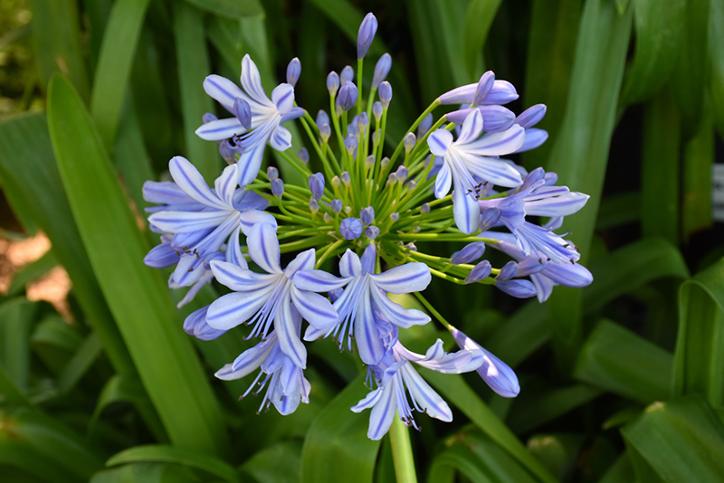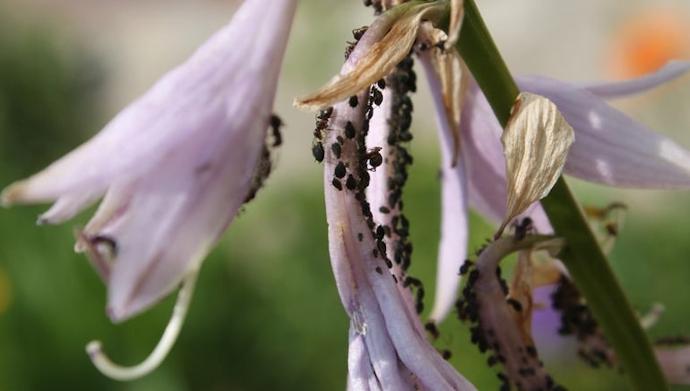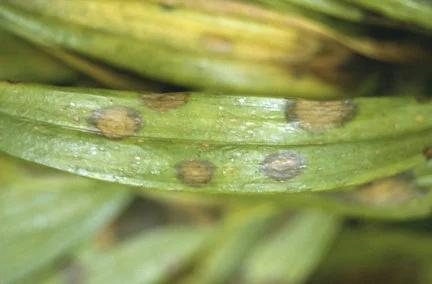African Lily Plant
African Lily (Agapanthus) is a perennial that grows 2-4 ft tall, hardy in USDA Zones 8-10, prefers well-drained, rich soil, full sun to part shade, medium moisture, and has no edible or medicinal uses.

Habit
Clump-forming
Height
2-4 ft
Growth
Perennial
Soil
Well-drained, loamy
Shade
Full Sun
Moisture
Moderate
Edible
No
Medicinal
No
Origin
South Africa
Climatic Condition
Temperate, Humid
Temperature (°)
15-30°C
Humidity (%)
60-85%
Potting media
Cocopeat+Soil
Fertilizers
Balanced NPK(10:10:10)
Watering
Moderate, Keep Moist
Plant Weight
300-600 g
Flowering Time
Summer
Soil Ph level
5.5-7.5
Water Ph level
6.0-7.5
Soil EC
1-2dS/m
Yield Per Plant
Ornamental
NPK ratio
10:10:10
life Span
5-10 yrs
Health Benefits
Suggested Grow Media or Potting Mix ?
50% peat, 25% perlite, 25% bark
Suggested Fertigation/Fertilizers
Fertilize every 3 weeks with a high-phosphorus fertilizer.
Common Diseases and Remedies
Anthracnose Botrytis Blight Leaf Spot
Dark, sunken lesions on leaves and stems Gray mold on flowers and stems Brown spots with yellow halos on leaves
Remove infected plant parts, copper fungicide Improve air circulation, remove affected parts Remove infected leaves, copper fungicide
HEALTH BENEFITS
African lilies (Agapanthus) are beautiful ornamental plants commonly used in gardens, but they are also known for a few health benefits, especially in traditional medicine, although more research is needed. Here are some of the potential benefits associated with African lilies:
- Anti-inflammatory Properties: Some studies suggest that compounds found in African lilies might help reduce inflammation, which could be beneficial in treating conditions like arthritis.
- Antioxidant Effects: African lilies contain antioxidants that can help fight oxidative stress and protect cells from damage caused by free radicals. This could contribute to overall health and may help prevent some chronic diseases.
- Antimicrobial Benefits: Certain compounds in African lilies may have antimicrobial properties, potentially aiding in the treatment of infections.
- Pain Relief: In some traditional practices, parts of the plant have been used as a natural remedy for pain relief, though scientific evidence to support this is limited.
However, African lilies are typically used more for their aesthetic value in gardens and landscaping rather than for health purposes. Always consult with a healthcare professional before using any plant for medicinal purposes.

